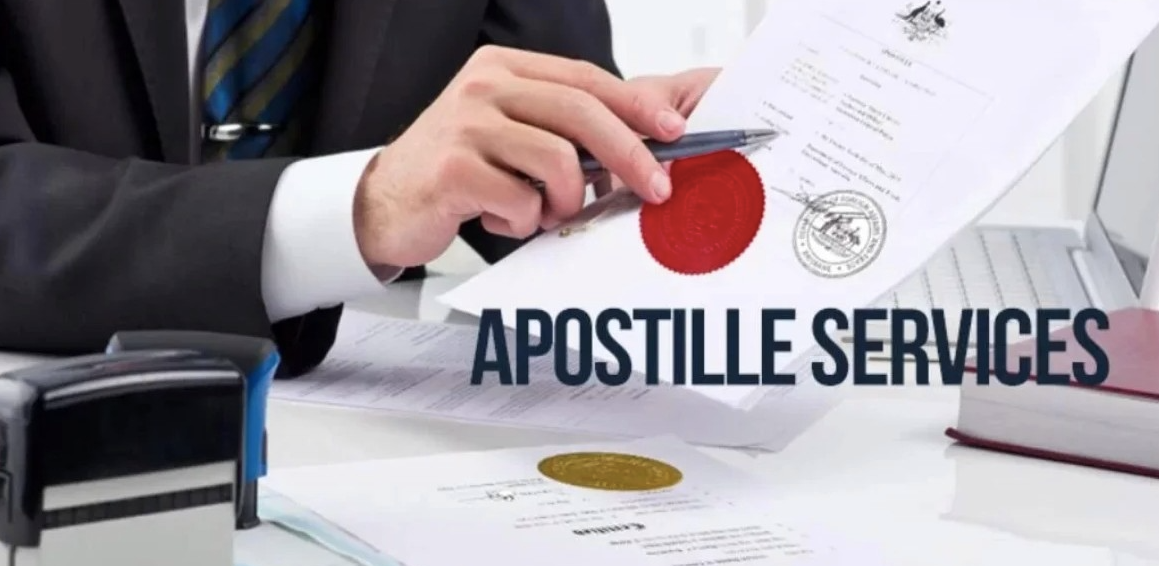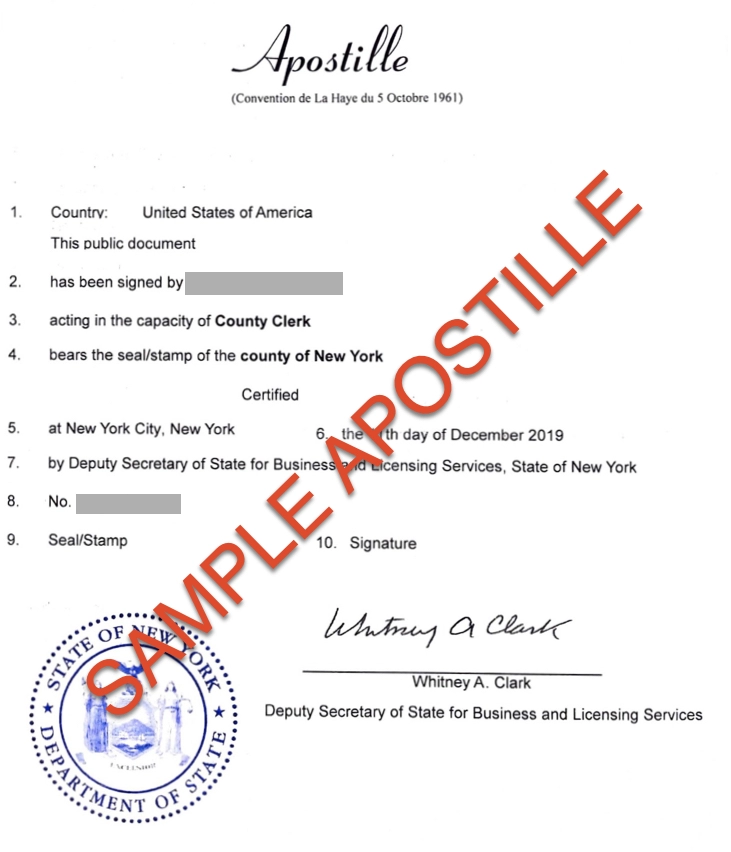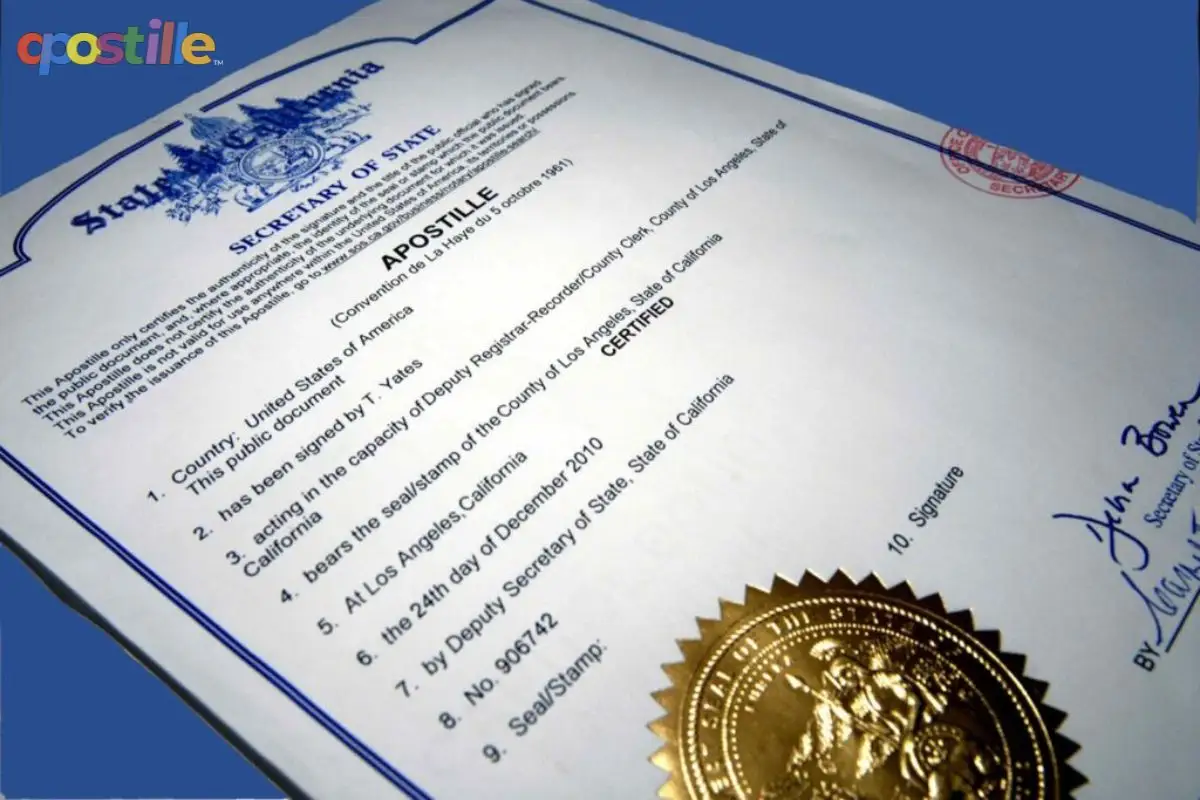Introducing the Vital Function of Apostille in Simplifying International Document Recognition Processes
In the realm of international affairs, the validation of documents holds extremely important significance. By attaching an apostille to a record, it undertakes a simplified validation that is identified across countless countries, thus alleviating the problems linked with cross-border record authentication.
Understanding Apostille Basics
In the world of paper recognition for global usage, grasping the basic principles of apostille authentication is important. An apostille is a specific certification that confirms the authenticity of a file for use in foreign nations that are part of the Hague Apostille Convention. Recognizing the basics of apostille involves identifying that it does not confirm the material of the record but instead licenses the trademark and seal of the issuing authority. This accreditation streamlines the process of global file recognition by guaranteeing that the paper will certainly be recognized as genuine in nations that are events to the Apostille Convention.
Apostilles are frequently provided for crucial documents such as birth certifications, marriage certificates, and academic records. The vital elements of an apostille include the name of the nation where it was issued, the name of the individual signing the paper, the capacity in which the individual authorized the record, the seal or stamp of the providing authority, and the date of issuance. By understanding these essential aspects of apostille authentication, people and organizations can browse the complexities of global file validation with confidence and effectiveness.
Benefits of Apostille for Validation

Moreover, the apostille streamlines the confirmation process by giving a standardized certification that confirms the authenticity of the document, such as birth certifications, marriage licenses, notarized deeds, and academic transcripts. This standard style minimizes the threat of being rejected because of unfamiliarity with international papers, hence boosting the effectiveness of cross-border transactions.
Moreover, the apostille assists in eliminating the demand for numerous layers of verification by government authorities, as the apostille itself signifies the paper's legitimacy. This not just speeds up the record validation procedure however also reduces the linked expenses and bureaucratic difficulties, making it a cost-effective and convenient solution for individuals and organizations participating in worldwide activities.
Simplifying Cross-Border Paper Verification
Helping with the validation of papers throughout international boundaries, the apostille process works as a streamlined and globally identified technique for verifying various sorts of main documentation. Simplifying cross-border paper verification, the apostille removes the need for typically complicated and prolonged validation procedures generally called for when offering documents in international nations. By attaching an apostille to a record, the issuing country accredits the credibility of the paper, making it readily appropriate in various other nations that are component of the Hague Apostille Convention. This click for source standardized process considerably decreases the time and initiative associated with verifying the legitimacy of main documentation, promoting effectiveness and simplicity of worldwide transactions.
Furthermore, the apostille system enhances the safety and dependability of cross-border file validation by giving a transparent and worldwide accepted system for validating the credibility of papers. This simplification of authentication processes not just benefits people and services looking for to operate worldwide however also fosters smoother communication and collaboration in between nations by making sure the reliability of shared documentation.
Value of Apostille in Legalization

Apostille guarantees that legal documents such as birth certifications, marriage certifications, powers of attorney, and court files are recognized and accepted in international territories. The apostille process minimizes the taxing treatments and administrative difficulties commonly associated with file legalisation, making international purchases a lot more efficient and legitimately binding.
Apostille Vs. Traditional Recognition Approaches
Contrasting apostille with conventional validation approaches discloses unique distinctions in the performance and simpleness of paper authentication processes for global usage. Apostille, as a standardized and structured approach established by the Hague Convention, offers a more straightforward technique to confirming papers contrasted to traditional approaches. Conventional validation procedures typically involve numerous steps, including notarization, qualification by government authorities, and consular legalization, which can be lengthy and cumbersome.
Apostille, on the various other hand, simplifies this procedure by certifying records with a single apostille certificate provided by a skilled authority in the nation where the record originates (Houston TX Apostille). This certificate is identified by all participant countries of the Hague Convention, getting rid of the demand for more embassy legalization. Because of this, apostille significantly decreases the time and effort needed for record validation, making it a preferred option for individuals and companies associated over here with global deals
Verdict
Finally, apostille plays an essential role in simplifying global file validation procedures by supplying a standardized approach of authentication that is acknowledged throughout taking part nations. By enhancing the legalisation process, apostille gets rid of the requirement for several layers of recognition, lowering time and prices connected with cross-border record authentication. This efficient system benefits individuals and organizations seeking to use foreign Going Here papers for legal purposes, ensuring smoother worldwide purchases.
By affixing an apostille to a record, it undertakes a streamlined recognition that is identified throughout numerous countries, therefore alleviating the burdens associated with cross-border file authentication. Simplifying cross-border document verification, the apostille removes the need for lengthy and usually difficult validation treatments commonly required when providing papers in foreign nations. By affixing an apostille to a paper, the providing nation licenses the authenticity of the paper, making it readily acceptable in various other countries that are component of the Hague Apostille Convention. By affixing an apostille to a record, the providing country accredits the credibility of the trademark, seal, or stamp on the record, making it valid for use in one more member country of the Hague Apostille Convention without the need for additional legalization.
